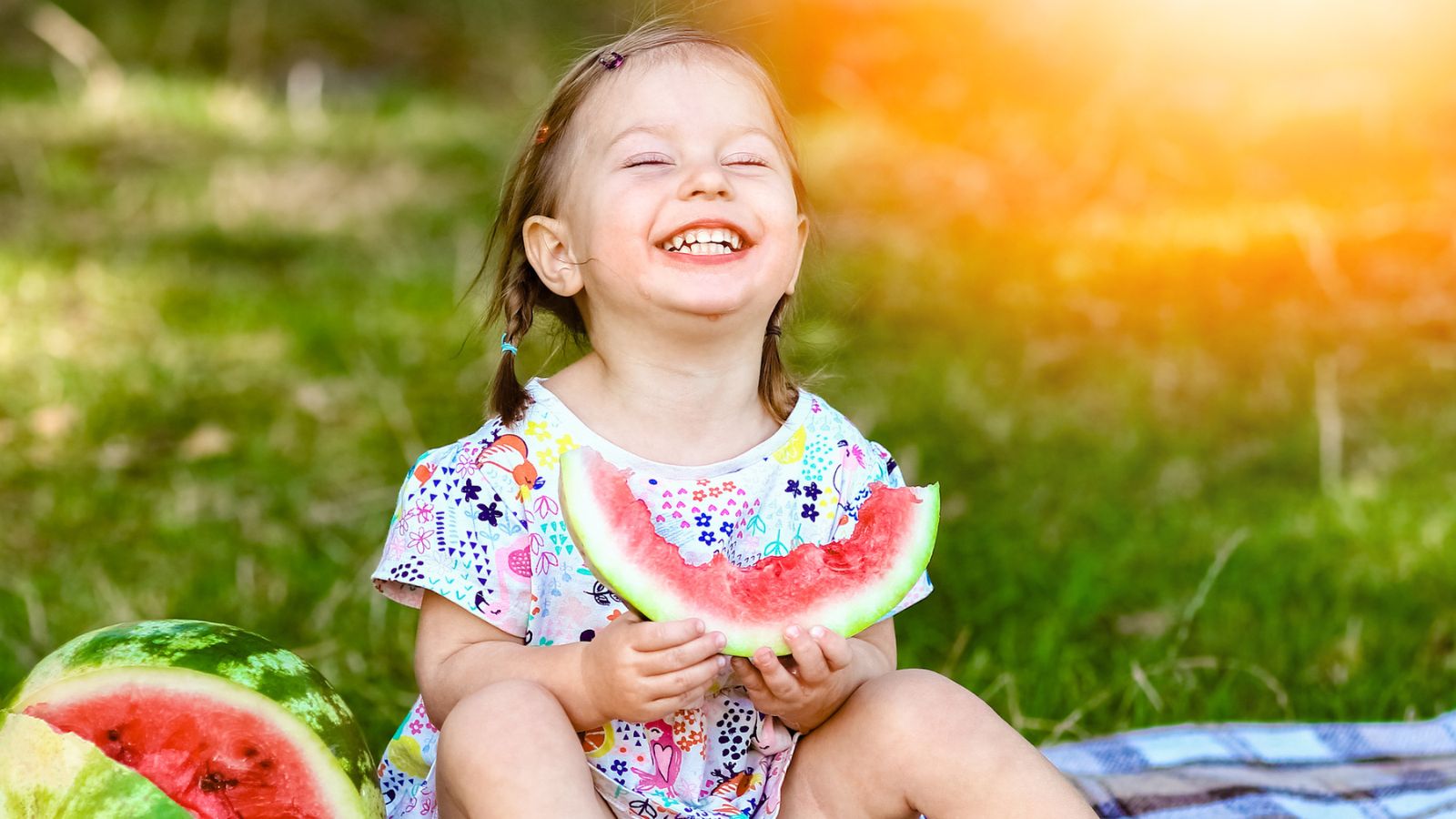12 Parenting Habits That Had The Opposite Effect

Parenting comes with its fair share of challenges and advice from various sources. Yet, sometimes, what seems like good parenting may be misconstrued as the opposite.
1. Setting Boundaries

Setting boundaries with children is often misinterpreted as being strict or unloving. However, establishing clear limits is a crucial aspect of good parenting. Boundaries provide children with a sense of security and help them understand the difference between right and wrong. When parents set and enforce reasonable boundaries, they are teaching their children important life skills, such as responsibility and self-discipline.
2. Allowing Independence

Some parents fear that granting their children independence too early will lead to rebellion or neglect. Nonetheless, encouraging independence from an early age is a sign of good parenting. Allowing children to make age-appropriate choices and take on responsibilities helps them develop crucial life skills and a sense of autonomy. It fosters confidence and prepares them for the challenges of adulthood.
3. Constructive Criticism

Critiquing a child’s work or behavior is often seen as detrimental to their self-esteem. However, providing constructive criticism is a valuable parenting tool when done with care and empathy. Children need feedback to grow and learn from their mistakes. When parents offer constructive criticism in a supportive manner, it helps children improve their skills and develop resilience.
4. Limiting Screen Time

Parents who restrict their children’s screen time are sometimes accused of being overly controlling. Nevertheless, limiting screen time is a responsible parenting strategy. Excessive screen use can have negative effects on children’s physical and mental health, as well as their social development. Setting reasonable screen time limits ensures that children have a well-rounded childhood with a balance of activities.
5. Encouraging Healthy Eating

Encouraging children to eat a balanced diet is sometimes mistaken for being too strict or controlling about food. However, promoting healthy eating habits is a fundamental aspect of good parenting. A nutritious diet is essential for a child’s growth and development. Parents who educate their children about the importance of eating fruits, vegetables, and balanced meals are setting them up for a lifetime of good health.
6. Emphasizing Routine

Promoting a structured daily routine for children is sometimes seen as rigid or inflexible parenting. Nevertheless, establishing a consistent routine can be highly beneficial. It helps children feel secure, reduces anxiety, and fosters a sense of predictability in their lives. Routines also teach important time management skills, which are valuable as children grow.
7. Encouraging Responsibility

Encouraging children to take on responsibilities from a young age may be mistaken for overburdening them. However, teaching responsibility is a crucial aspect of parenting. It helps children develop important life skills, including accountability, organization, and independence. By assigning age-appropriate chores and tasks, parents empower their children to become capable and self-sufficient individuals.
8. Allowing Consequences

Letting children face the consequences of their actions is sometimes misunderstood as neglectful parenting. However, allowing natural consequences can be a powerful learning tool. When children experience the direct outcomes of their choices, they gain a better understanding of cause and effect. This valuable life lesson helps them make more informed decisions in the future.
9. Encouraging Open Communication

Parents who encourage open communication with their children may be seen as invasive or overly involved. Nonetheless, fostering a safe and open dialogue is vital for healthy parent-child relationships. When children feel comfortable talking to their parents about their thoughts, feelings, and concerns, it strengthens the bond between them. It also allows parents to provide guidance and support when needed.
10. Prioritizing Self-Care

Parents who prioritize self-care are sometimes criticized for being selfish or neglectful of their children. However, taking care of one’s physical and mental well-being is essential for effective parenting. When parents maintain their own health and happiness, they are better equipped to provide love and support to their children. Self-care models healthy habits and teaches children the importance of self-compassion.
11. Encouraging Independence

Encouraging children to be independent is sometimes perceived as neglectful parenting. However, nurturing independence in children is a valuable aspect of good parenting. It allows them to develop problem-solving skills, self-reliance, and a sense of accomplishment. Parents who promote independence are helping their children become confident and capable individuals.
12. Allowing Age-Appropriate Risks

Parents who permit their children to take age-appropriate risks may be labeled as careless. Nonetheless, allowing children to experience controlled risks is crucial for their development. It helps them build resilience, assess potential dangers, and learn valuable life lessons. When parents strike the right balance between safety and risk-taking, they empower their children to grow and adapt.
50 Super Simple Side Hustle Ideas

50 Super Simple Side Hustle Ideas (& How to Make Them Work)
10 Frugal Lessons I Learned From Being Flat Out Broke

10 Frugal Lessons I Learned From Being Flat Out Broke
How To Make Money Without a Job

How To Make Money Without a Job
Creative Ways To Make Money

20 Easy Ways to Raise A Credit Score Fast

Read More: 20 Easy Ways to Raise A Credit Score Fast
Frugal Living Tips: The Essential Guide To Start Saving Money

Frugal Living Tips: The Essential Guide To Start Saving Money






